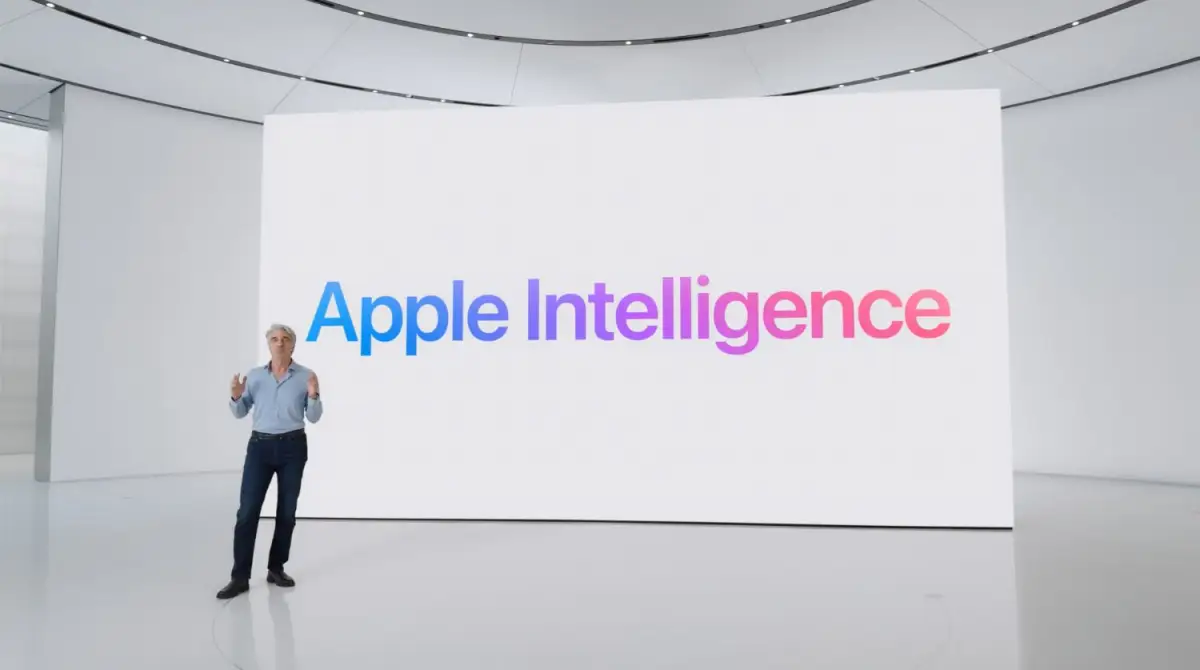Apple is preparing to release features from its “Apple Intelligence”, a personal intelligence system that could act across applications, next month in beta. The company Known claimed that the tech can assist in writing emails that sound polite, generate emojis, and have Siri gather data to respond to questions, for instance, when the expected arrival of a relative’s flight. Apple Intelligence will be available on all future devices that come with compatible chips for the company’s applications, specifically the iPhone 16 series, the iPhone 15 Pro and Pro Max, and iPads, and Macs with M1 and later chips.
Taking ‘Gold Standard’ to Setting the Apple Intelligence AI Cloud Privacy
The Apple approach is different, can be revolutionary and definitely is higher in terms of privacy than anything offered by any AI service. There are several reasons for that, one of which is that it is against the principle of ‘No privileged runtime access’.
What you observe in many computer systems, and this is true for a lot of the cloud services, is when things turn sour, there’s usually a super user, an employee of sorts, who has access to the backend, the keys to the castle. And, at that, the person may indeed be trusted, but how long is that person trusted for, or how can that person’s level of control be made aware of to determine if they should or could share the access of their own accord and create the basis for a privacy break-in.
This is a concern that exactly Apple has sought to tackle via the Apple Intelligence AI features that are now commonplace in its devices. At least it appears that Apple has not come up with their “Apple Intelligence” concept without speaking to the users, he said to me “When we have discussed it with normal people one of their biggest worries has been what happens to my data? is this confidential?” Sometimes Apple is famous for, Steve Jobs, the Mac the iPod, and the iPhone. But at the same time; one could say that they are famous for their views on privacy as well.
This is exactly how the company is driving its entry into the AI domain with Apple Intelligence, where Federighi noted that it was crucial that even as it deployed Apple intelligence, it wanted to ensure that this was done in a way that is “In alignment to the Apple standard that the users expect across everything that the company does and that they can leverage AI power without compromising their privacy.
It also said that it intends to make downloadable software images of every build of production of Private Cloud Compute for security researchers to test its functionality and look for flaws. The transparency “is a good thing,” but users shouldn’t expect to get rich or have some sort of Eureka moment when engaging in this sort of digging, said Thorin Klosowski, a security and privacy activist, and the Electronic Frontier Foundation, a digital rights nonprofit.
“It raises many technical questions and specifics about how exactly it (the Private Cloud Compute) works and if it is efficient is an acknowledgment that privacy is a significant concern,” Butler said.
Promising new Apple Intelligence features from Apple
- An “easier to use” Siri and the ability for the AI assistant to understand what it calls “richer language understanding” so that it can continue to assist the user should they get lost, confused, or stuck in the wording of their command and maintain context between rounds of spoken instructions.
- New writing assistant features aimed at rewriting, spell check, and summarizing capability in Mail, Notes, Pages, and in third-party applications.
- Features added to Photos include Memories from which users can create movies by just typing a description, Search, and a Cleanup button that searches for objects in the background of photos.
- The Notes app which allows users to record, transcribe, and summarise audio has been updated along with the Phone application. The Phone app informs the participants when a recording has been started, while AI resumes the highlights of the conversation after the call.
Regarding the users of Apple devices who decided to use ChatGPT through Siri or Writing Tools, Apple will only share the IP addresses, all the data shared with OpenAI will be marked and non-identifiable data will be excluded from training. Those who decide to link their ChatGPT account will have policies on data use applied, but Apple users can use ChatGPT without an account.
